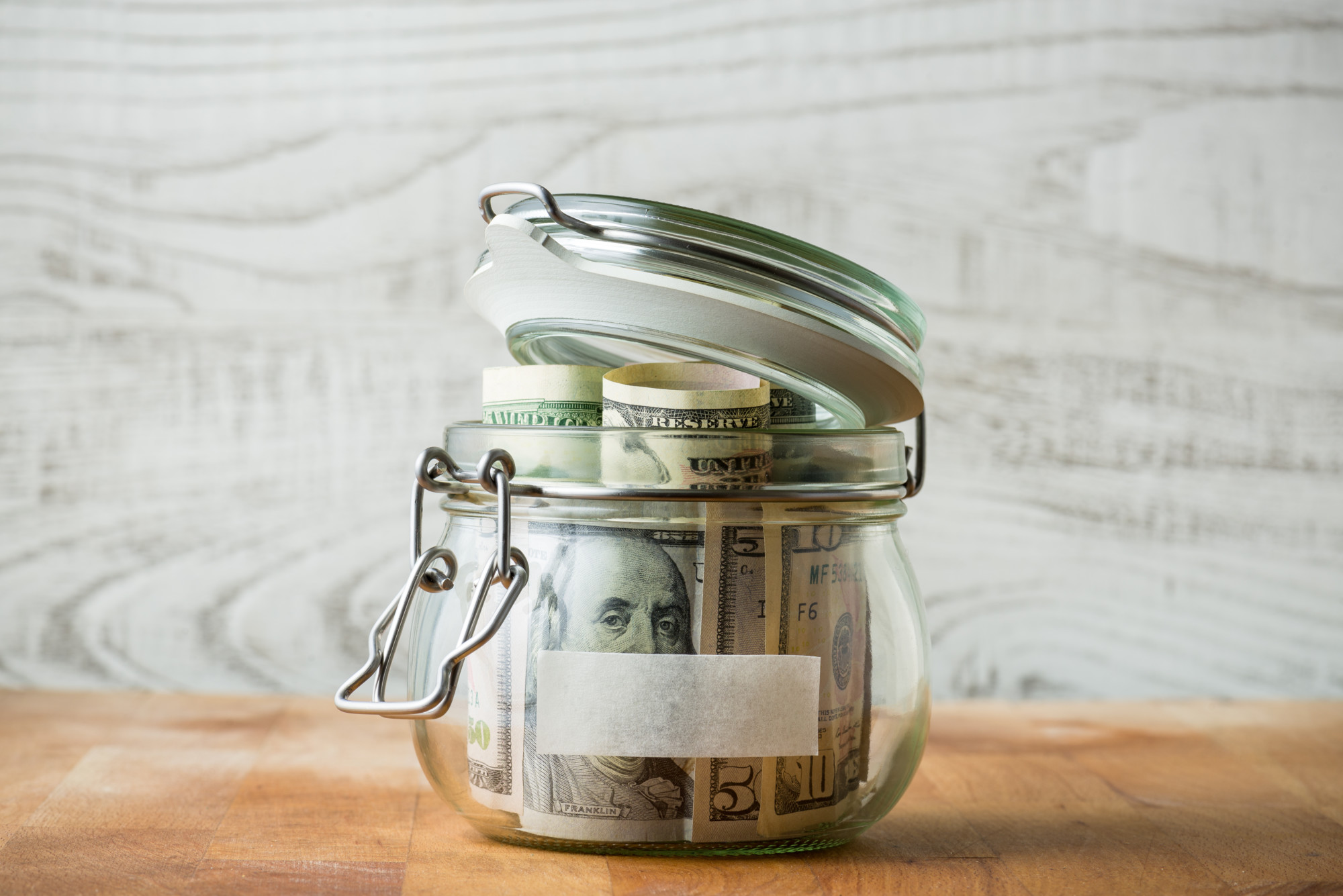Table of Contents Show
You want your dream home in NYC. So you’ve finally settled on it. Maybe you’ve already found a great apartment but are just a bit short on the minimum required for the down payment. Or perhaps you’re just looking for something a little larger than your current apartment or closer to work. Whatever your reason for wanting to buy an apartment in NYC, like every buyer, you’ll need enough saved for a down payment. Read on to learn how you can help save for homeownership.
Why down payments matterWhy down payments matter
Your down payment is the money you bring to seal a purchase contract and show that you’re serious about buying. If you’re applying for a mortgage, it shows lenders that you’re financially capable of coming up with the money. The more you can put on your down payment, the lower your monthly payments. In NYC, the minimum down payment is 10% of the purchase price. But not many buyers will be thrilled by this and are unlikely to take it seriously unless there is very little demand for the property.
Any down payment below 20% will require the buyer to pay extra private mortgage insurance (PMI). 20% is far more common and is the standard threshold for co-ops. It is an insurance policy that ensures that the insurance bails you out and pays the lender in the event of a default. Should that happen, your credit will still be, ruined and face the consequences of default.
Saving money for a down payment is just like saving for anything else. So it makes sense to try everything to save that 20%. Sometimes buyers turn to family for gift funds to help them reach that magic number. Whether you choose to do that or not, you’ll still want to work to save as much as you can. Have a plan and stick to it.
Create a monthly budgetCreate a monthly budget
It is better to get the annoying part out of the way first. You can’t save without a budget. Figure out how much you need to keep and what expenses you can cut to help you reach that goal. No one likes making sacrifices, but that’s what it takes. Sites like Mint and You Need a Budget can help you stay on track. Set up a savings account and put part of your salary every month to make things easier.
Cut one bill, then another.Cut one bill, then another.
While working on your budget, look for bills that you can cut. Start with one bill for the first month, and next month find another that you can do without. Then put the money you save into your savings account. Trim is a great app to help you monitor your spending and find subscriptions you can cancel.
Start a side hustleStart a side hustle
You don’t necessarily need to get a second job to save more money. It is possible to earn something on the side, usually by monetizing a skill you already have. For instance, you could start doing photos for weddings, parties, or family portraits if you do photography. Other side hustles that can be a good source of income include freelance writing, dog walking, and selling handmade crafts online through Etsy sites. Instead of spending your money from the side, hustle and put it all in your savings account.
Tap into your 401KTap into your 401K
If you’re still a long way off from retirement age and can replace the withdrawn funds before then, tapping into your 401K can be significant. It can be risky, but it’s one of the fastest ways of obtaining cash for your down payment. However, it’s not to be done without a clear understanding of the tax repercussions of taking a loan out or withdrawing money from your 401K.
Sell things you don’t needSell things you don’t need
Make use of sites like eBay and Craigslist. Almost every household has clutter lying around that hasn’t been used in months or years. Go through your entire home and find anything that you can sell. Doing this also means you’ll have fewer things to move when it comes time for moving day.
Final thoughtsFinal thoughts
When you decide how much money to put down, there is a balancing act — placing a sizeable down payment results in a firmer offer and lower mortgage payment. But, you are tying up capital. Less of a down payment is tempting and means more substantial monthly payments. Sellers and the board are also like to frown upon your offer if the amount is too small.

